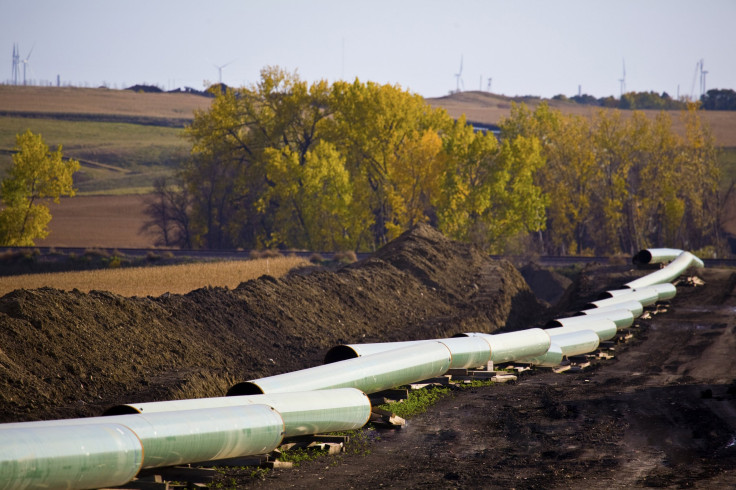Keystone XL Pipeline Report From State Department Underestimates Pollution Impact: Study

The U.S. State Department’s environmental assessment for the proposed Keystone XL pipeline seriously underestimates its potential impact on oil production from Canada’s tar sands and the ensuing carbon emissions, according to a report released Monday by the British environmental group Carbon Tracker Initiative.
Carbon Tracker, a non-profit that studies how carbon budgets interact with financial markets, argues that the State Department mistakenly assumed that climate change wouldn’t be a priority and that therefore oil demand and prices would be high enough to ensure profitable production from the oil sands of Alberta.
At the end of January, the State Department issued its final environmental impact statement on the pipeline project, concluding that President Barack Obama’s approval or denial of any specific project to transport oil “remains unlikely to significantly impact the rate of extraction in the oil sands, or the continued demand for heavy crude oil at refineries in the United States.”
“Significance, as many have said, is in the eye of the beholder,” Carbon Tracker’s report states. In other words, the tar sands oil will end of being burned regardless of the pipeline decision.
Carbon emissions from extracting in western Canada’s oil sands, one of the world’s largest sources of unconventional oil in the world, add up to 3.9 percent of the global carbon budget set by the United Nations to counter climate change, while carbon emissions from potential production enabled by the Keystone XL pipeline would account for another 0.5 percent.
“The U.S. president has to decide if just one single pipeline that could use up 0.5 percent of the total remaining 2°C global carbon budget is indeed significant,” Carbon Tracker’s report states, referring to the goal of keeping global temperature rise under 2 degrees Celsius by 2100.
Carbon Tracker argues that the Obama administration should provide a “significance test” that is measurable for each project proposed, including the Keystone XL pipeline.
“Otherwise any and all projects can pass the significance test regardless of carbon emissions and climate-forcing impact,” Carbon Tracker said.
The group expressed frustration at what it called a lack of transparency in the State Department, making it difficult to examine how the agency derived its data from some models. The State Department has adopted some of Carbon Tracker's methodology in its environmental impact statements but came to different conclusions.
In addition, the group argues that alternative transport for crude, particularly rail, is far from certain, a key premise the State Department opposed to conclude the pipeline would not significantly affect carbon emissions. The State Department report concluded that oil industry players would ship crude by rail or other means if the Keystone XL pipeline was denied, which would mean carbon emissions would remain about the same with or without the pipeline.
Carbon Tracker says the price of oil would have to be higher to make shipping by rail cost-effective, and the State Department failed to consider this option.
© Copyright IBTimes 2024. All rights reserved.






















